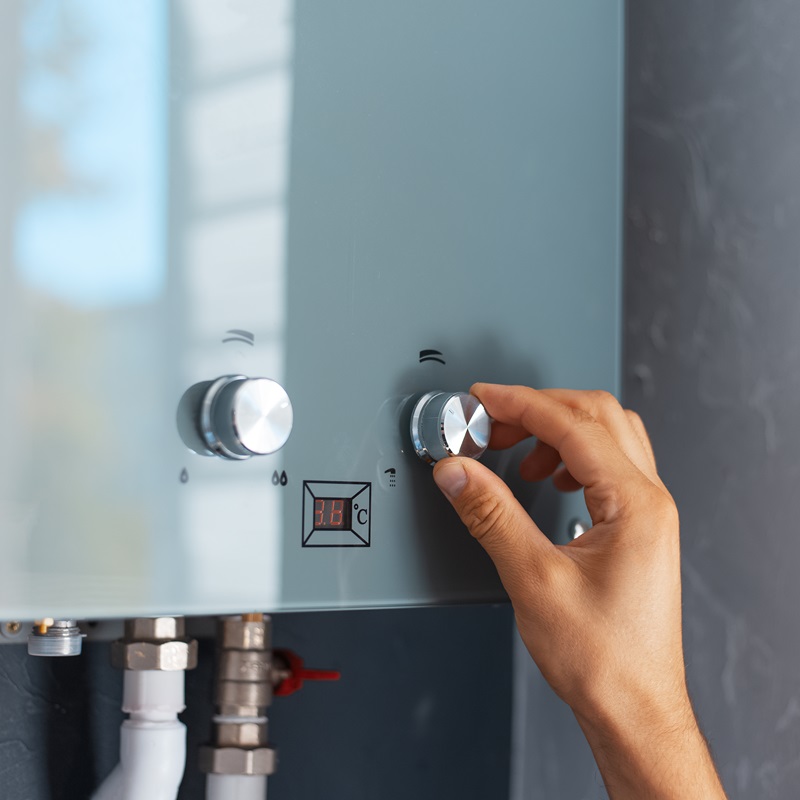Geyser sizes vary based on capacity.
Geyser sizes vary based on capacity.
Blog Article
How to Pick the Right Geyser to Optimize Power Effectiveness in Your Home
Picking an energy-efficient geyser is not as straightforward as it appears, requiring mindful evaluation of different aspects. From recognizing the different types of geysers, to assessing their power performance scores and thinking about placement approach, each decision plays a crucial role in making the most of effectiveness. Balancing the initial financial investment with long-lasting savings is likewise vital. Let's get started on this journey to find just how to make one of the most informed choice for a geyser that will minimize your energy expenses while ensuring optimum efficiency.

Comprehending the Various Sorts Of Geyser
While there are different sorts of geysers offered on the marketplace, recognizing the distinctions between them is vital for power effectiveness (geyser sizes). The very first type, storage space hot springs, are the most common and store hot water in a storage tank for usage when required. They are offered in different abilities and are generally energy-efficient, however they can shed heat when not in use
The 2nd kind is the tankless geyser, which warms water on need, leading to much less power waste yet needing a greater preliminary power draw. Solar hot springs use solar power to warm the water, making them the most energy-efficient however also the most expensive.
Assessing Your House's Warm water Demands
Prior to diving right into the purchase of a hot spring, it is critical to evaluate the warm water needs of your home. This analysis must consider countless variables including the number of family members, frequency of warm water usage, and the variety of warm water electrical outlets in the home (geyser sizes). A little family with seldom warm water usage might need a smaller, much less powerful geyser contrasted to a larger family with numerous everyday hot water demands
The kind of devices that call for warm water likewise play a substantial function. Dishwashing machines and cleaning devices, for example, might require more warm water than a simple shower or cooking area sink. In addition, specific tasks such as showering or cleansing additionally influence the frequency and volume of warm water required.
Evaluating Power Effectiveness Scores of Geyser
Having analyzed the hot water requirements of your family, it is essential to transform your interest to the energy efficiency rankings of hot springs. These ratings, normally offered as Power Element (EF), show a hot spring's total power effectiveness based on the amount of warm water generated per system of fuel consumed over a normal day. The higher the EF, the extra reliable the water heating system.

Considerations in Geyser Size and Positioning
Beyond power efficiency rankings, the size and placement of your geyser are crucial aspects to think about. The size of the geyser should line up with your house's warm water demands. A tiny geyser may make use of less power yet may not supply sufficient hot water for several usages at the very same time, whereas a bigger unit can meet greater demand but might consume more power.
Hot springs ought to be set up close to points of usage to decrease warm loss throughout water transport. Furthermore, thinking about thermal insulation, a hot spring situated in a warmer area sheds less heat and as a result makes use of much less power to keep the water temperature.
Price Analysis: Balancing Initial Investment and Long-Term Savings
While size and placement certainly play significant roles in a hot spring's energy performance, one have to not overlook the financial aspect. When thinking about the preliminary financial investment, the rate of energy-efficient geysers can be greater than common versions. The raised upfront price can be useful reference offset by lasting power cost savings, making it a worthwhile investment in the long run (geyser sizes).
Evaluating long-term financial savings calls for an understanding of the geyser's energy score. An appliance with a higher rating will take in less energy, equating to reduced utility expenses gradually. Federal government motivations and refunds for energy-efficient devices can likewise help redeem preliminary expenses.
Ultimately, upkeep and life expectancy ought to be factored in. Energy-efficient geysers usually have much longer lifespans and reduced maintenance expenses, adding to general cost savings. For that reason, when stabilizing initial financial investment and long-lasting financial savings, one should think about not just the purchase rate yet additionally power intake, government incentives, and maintenance prices.

Conclusion
Picking an energy-efficient geyser needs cautious consideration of various factors. These include recognizing the kinds of geysers, analyzing your house's hot water demands, assessing energy performance scores, and determining cost benefits. The appropriate geyser size, placement, and insulation can significantly lower energy costs and environmental effect. For that reason, making an educated option can lead to substantial lasting savings, making it a beneficial investment for your home.
Report this page